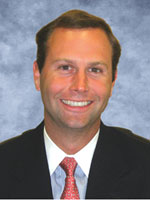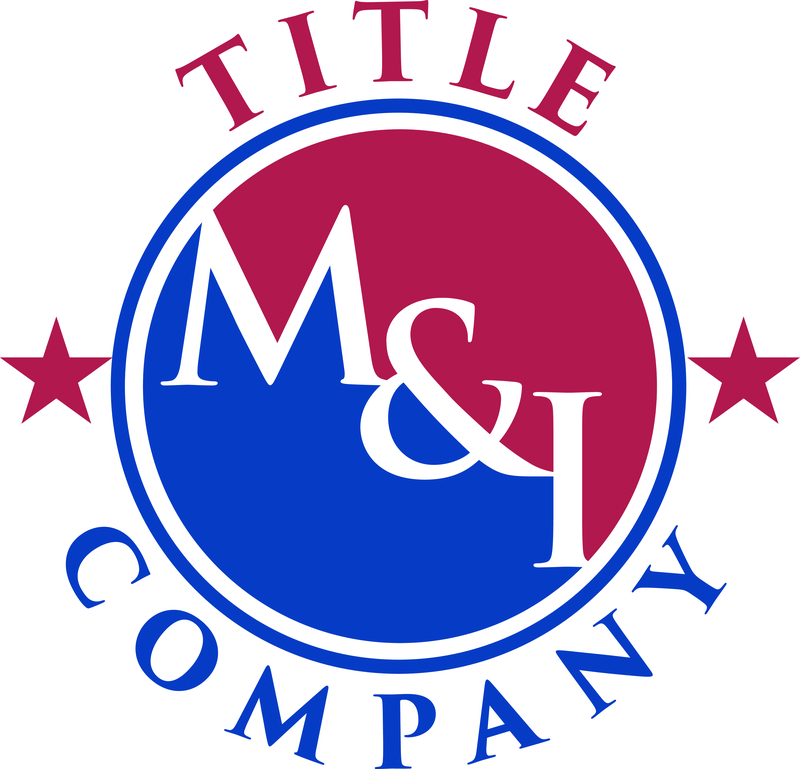We hear lots of advice these days about how to improve a credit score. However, not all advice is good advice. Here are nine credit score myths that could actually do more harm than good:
Myth #1 – Closing out old, inactive accounts will help your score.
Thirty percent of your credit score is based on your utilization rate – your total balances versus the total amount of credit available to you. Canceling old accounts reduces the total amount of your available credit, changing that ratio. Any balance will utilize a higher percentage of your credit, which will hurt your score.
Myth #2 – Opening (but not using) accounts will help your score.
To improve their utilization rate and, theoretically, their credit scores, some people open as many accounts as they can. According to Rod Griffin, director of public education for the credit bureau Experian, “Your score is affected by how well you manage the credit you do have over a period of time, not by how many credit cards you have or the available balances.”
Myth #3 – You should avoid using your credit cards at all.
If you’re a financially responsible consumer, this approach could negatively impact your credit score. Your score reflects the responsible use of credit. If you’re not using your credit, you’re not building credit history. Use your credit from time to time and then promptly pay off the balance.
Myth #4 – Dispute letters can clean up your bad credit.
Errors on your credit report can and should be disputed, but don’t expect to magically erase accurate but negative credit history. Dispute letters may force the removal of negative items temporarily, but once the lender can prove the record’s accuracy, it will reappear on your credit report.
Myth #5 – Paying off old debts and judgments will help your score.
Have a judgment or an account that went to collections? Don’t expect to make that negative “disappear” by paying it off. Negative records – judgments, collections accounts, bankruptcies or late payments – remain on your credit report for seven to 10 years, regardless of any remedies you’ve made.
Myth #6 – Credit inquiries hurt your score.
Inquiries alone have little impact on your score. Coupled with a history of bad credit, a hard inquiry, such as an inquiry for credit, could factor negatively into your score, but the effect would be minimal. Another myth: Pulling your own credit report, a soft inquiry, lowers your score. In fact, checking your credit report on a regular basis allows you to catch errors that could affect your score and identify those areas that need improvement.
Myth #7 – Using a credit counseling service lowers your score.
Credit counseling services no longer figure into the FICO scoring system, so although your report might indicate you are receiving credit counseling, using those services won’t lower your score.
Myth #8 – There’s a set formula for obtaining good credit.
Be suspicious of any blanket statement about what people should or shouldn’t be doing to improve their credit scores. “Credit is a very individual thing,” says Griffin. “Credit scoring looks at everything and takes it all into account. If you are keeping your balances low and paying your bills on time, you’ll have good credit and a good credit score.”
Myth #9 – You can get a perfect score.
Don’t go to Herculean efforts trying to obtain that elusive 850 – getting a perfect credit score is nearly impossible. Your credit score is a reflection of your credit risk, and regardless of your credit history, there’s always a risk. We recommend working toward a score of at least 740.
About the author: Tyler is Paramount Mortgage Company’s general counsel as well as a licensed mortgage loan originator. Tyler is a 1999 graduate of the University of North Carolina at Chapel Hill where he was a member of the university’s Dean’s List. He received his J.D. from Washington University’s School of Law in 2002 and is a member of the Missouri Bar Association and the Illinois State Bar Association.
Tyler is “big brother” mentor and role model to a young man through the Big Brothers Big Sisters of Eastern Missouri. He is a member of the St. Louis Sports Commission’s Associates Board, the University of North Carolina at Chapel Hill’s Alumni Admissions Committee and Mary Institute and St. Louis Country Day’s Alumni Executive Committee. In 2012, Tyler successfully summited Mt. Kilimanjaro (19,341 ft.) in Tanzania, Africa, and ran his first full marathon.
Tyler can be reached by email at tfrank@paramountmortgage.com or by phone at 314.372.4313.




Leave a Reply
You must be logged in to post a comment.